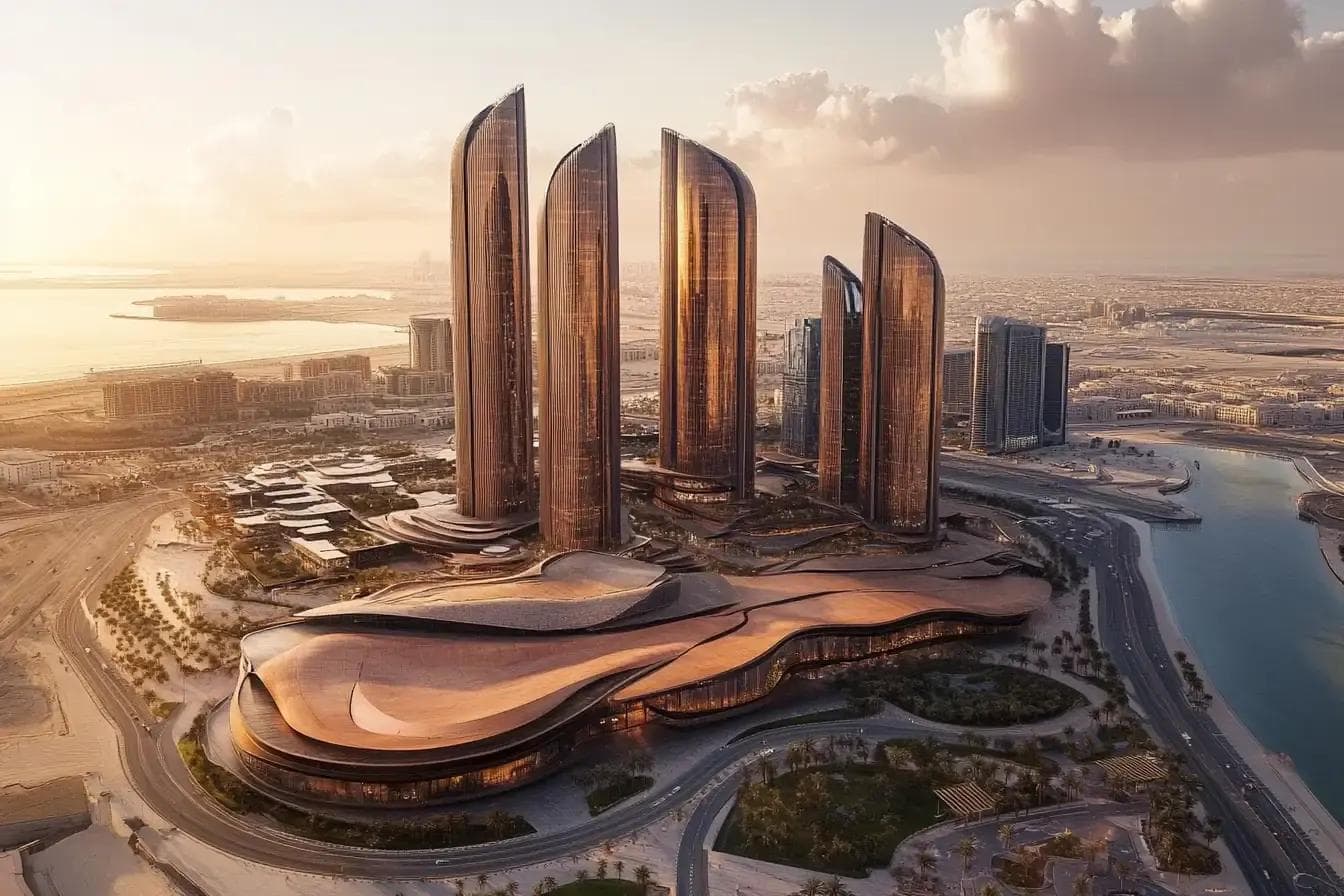BACK TO ALL BLOGS
PUBLISHED • July 8, 2025
Foundation Structures: A New Approach to Asset Protection and Succession Planning

Owiss Refaat

Wealth planning in the UAE is evolving fast, with families and entrepreneurs nowadays rethinking how they protect, manage and pass on their assets. Arguably, this does not come as a surprise, considering that more and more ultra-high net worth individuals (UHNWIs) are attracted to metropolises like Dubai. In fact, as the recent World’s Wealthiest Cities Report 2025 reveals, Dubai’s population includes approximately 81,200 UHNWIs (with at least US $1 million in liquid assets), 237 centi-millionaires (with a net worth of at least US $100 million) and 20 billionaires.
The more interesting part? A Dubai International Financial Centre (DIFC) report estimates that by 2030, the next generation is expected to inherit Middle Eastern assets worth over US $1 trillion. The problem is that, according to the same report, 73% of UHNWIs state they are not ready to discuss inheritance, while 53% of respondents think the process is too complex. In this setting, one solution has started to stand out thanks to its flexibility and numerous advantages: the foundation structure.
Foundations: What Are They and Why Do They Matter
A foundation is an independent legal entity established by a founder. While a family office is in its essence a business with shareholders, a foundation does not have owners; it is controlled by a charter and by-laws set by the founder. A foundation can hold real estate, corporate shares, intellectual property and bank accounts. It can also serve philanthropic purposes. Because of these differences, foundations are a perfect option for UHNWIs and families looking to separate their personal wealth from their assets.
A significant advantage of foundation structures in the UAE is their alignment with common law principles within financial free zones such as the Dubai International Financial Centre (DIFC) and Abu Dhabi Global Market (ADGM). This provides an alternative to the default Sharia inheritance laws, enabling individuals to organise their succession in a way that works best for them. Founders can detail asset distribution instructions, assign guardianship and control how assets are managed in case of incapacity or death.
In short, foundations offer an effective workaround to ensure that a founder’s wishes are carried out, even in a multi-generational context. Whether it's providing steady income for family members, ensuring business continuity, or supporting philanthropic causes, foundations offer the clarity and legal strength needed to achieve long-term goals.

Not a Privilege of the Super-Rich
While it’s true that foundations are often associated with UHNWIs, they are also becoming more accessible to entrepreneurs, family business owners, and globally mobile professionals. Their ability to manage cross-border assets and adapt to international tax and inheritance standards makes them particularly attractive to international families that relocate to the UAE but want to keep their wealth strategies the same as back home and plan for the future with confidence.
The appeal also lies in privacy and protection. Foundations help shield assets from external risks, including legal claims or family disputes. At the same time, they offer a strong governance framework that encourages responsible stewardship of wealth, something that’s becoming increasingly important as regulatory awareness grows across the region.

Why the UAE is the Right Place
Foundations established in the UAE benefit from a combination of common law flexibility and local relevance. DIFC and ADGM both offer English-language legal systems and well-respected regulatory bodies. More importantly, they provide legal certainty in areas that matter most: asset protection, succession and dispute resolution. This is part of a bigger picture: the UAE’s ongoing push to become a global hub for wealth management and financial innovation.
As demand grows for more effective, tax-efficient and secure ways to structure wealth, foundations are likely to become even more mainstream. That said, while the advantages of setting up a foundation in the UAE are clear, they are not one-size-fits-all. Every family, business and individual has different priorities, and what works for one may not work for another.
So, what’s the best way to move forward? Start with a conversation. By working with trusted advisors who specialize in cross-border wealth planning and UAE laws and regulations, you can navigate the process smoothly, structure your wealth, and set up a foundation that truly matches your goals.
YOU MAY ALSO LIKE

How Recent Tax Updates Affect Family Foundations in the UAE
Family foundations are quickly emerging as one of the UAE's most favored tools for wealth management. Individually established under law, these structures provide continuity, confidentiality and protection of assets.
August 1, 2025

Dubai Eases Restrictions for Free Zone Companies Seeking Mainland Presence
Doing business in Dubai has been continuously evolving over the past couple of decades and this change shows no signs of slowing down. After all, change is inevitable for a metropolis that aspires to establish its position at the forefront of
June 11, 2025